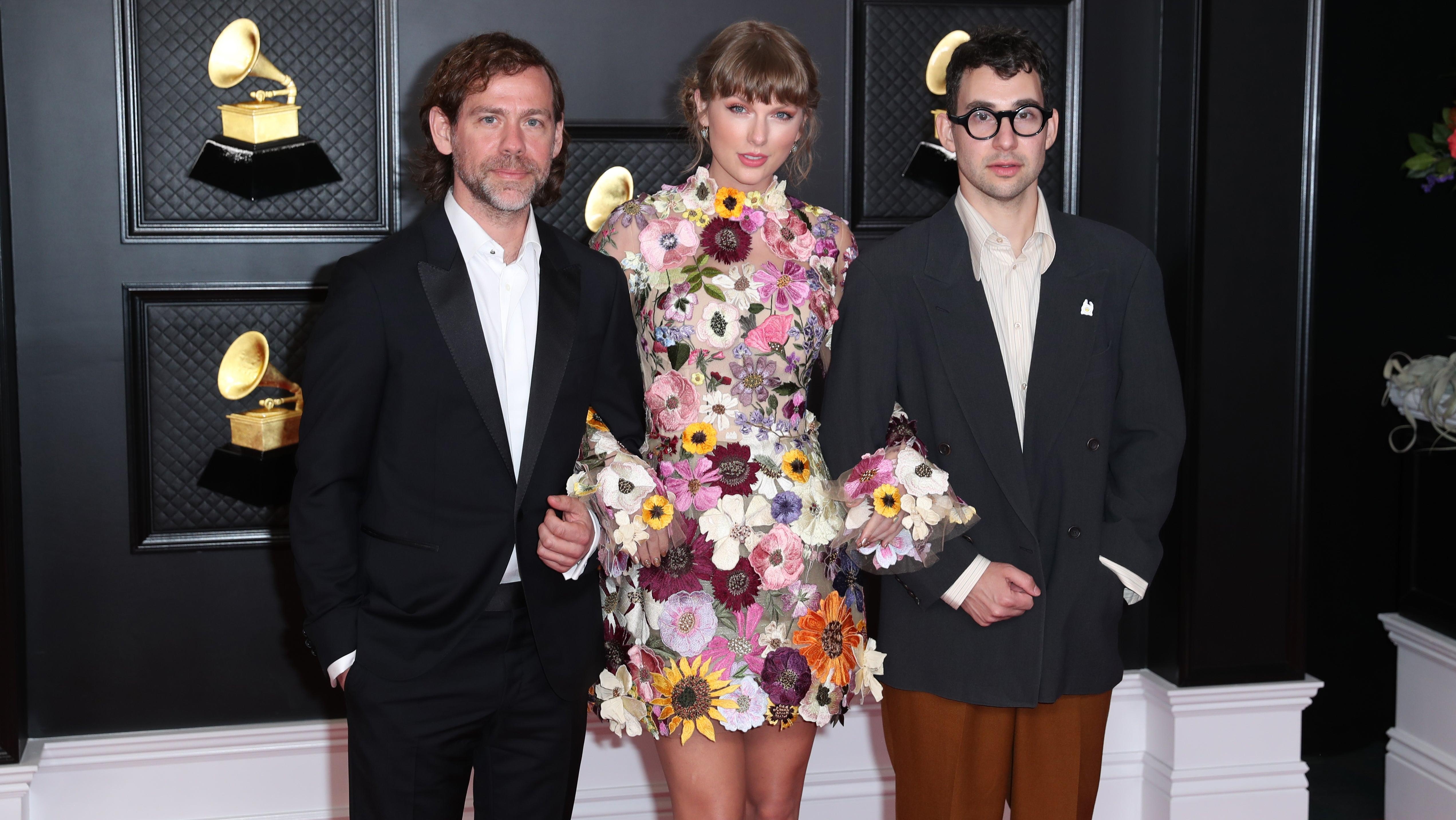Solar Power is evidence Jack Antonoff should be dethroned as the pop producer of choice
Antonoff's co-producer on Taylor Swift's folklore, Aaron Dessner, does not miss—so why aren't more pop stars asking to work with him?

We’ve seen this before: Jack Antonoff produces an album by a major pop star that gets panned by fans and critics alike, and we once again question why the guy from Bleachers remains the top American pop-music producer. After many pointed fingers at Antonoff as the one to blame for the mediocre singles off Lorde’s newly released album, Solar Power, the singer-songwriter went on the record defending him: “I haven’t made a Jack Antonoff record. I’ve made a Lorde record and he’s helped me make it and very much deferred to me on production and arrangement.” But at this point, pop fans have been noticing the pattern of Antonoff being the guiding force behind several major artists’ most polarizing records: Taylor Swift’s Reputation, Lana Del Rey’s Chemtrails Over The Country Club, and now Solar Power. It certainly didn’t help when some pointed out on social media the similarities between Lana Del Rey’s Antonoff-produced “Wild At Heart” and Solar Power’s “Stoned At The Nail Salon.”
As some reviews have already pointed out, Solar Power pales in comparison to its predecessor, Melodrama. Lorde’s 2017 record was her best yet, with anthemic breakup songs that each felt like their own story, using its musicality to paint a picture of Lorde’s experiences as much as her lyrics. But, in contrast, Solar Power’s songs are barely distinguishable and, quite frankly, boring. It’s the same issue Del Rey encountered with Chemtrails; sure, the songs sound pretty, but they’re not the best representation of her abilities.
But as people begin to see that Antonoff perhaps isn’t the best producer in town, why not pass the most sought-out producer baton to someone who’s worthy of the title—someone like The National’s Aaron Dessner? Dessner and Antonoff worked together on Swift’s critically-acclaimed records folklore and evermore, but Dessner appeared to be the producer most involved in those productions. It worked out in their favor: Both records became Swift’s most lauded in recent years, and folklore won the Grammy for Album of the Year. You’d think that any pop star wanting to work outside the confines of Top 40 would be begging Dessner to work with them. So why isn’t that happening?
Dessner’s track record as both a producer and musician is impressive. His first production credit outside of The National was Sharon Van Etten’s Tramp, a stunning record that put Van Etten on the map as one of the biggest voices in indie rock. As a producer, Dessner understood what makes the singer so special; he didn’t try to change the core of her music, but rather fostered an encouraging dynamic where Van Etten could feel free to try out anything she’d like. As the singer-songwriter told Vulture, “[Dessner] really understood my songs and the potential as to where they could go, whereas I was always really safe and never tried to flesh stuff out before. I tried to keep it pretty tame most of the time, because I didn’t ever want to overproduce something that I couldn’t reproduce live. But I learned from him that a record is a completely different beast than a live show and the fun part is figuring out how to do it live.”
That’s something that Dessner has mastered. The records he’s produced feel intimate, yet still pack a punch when they’re performed live. The arrangements are detailed; everything in a song is given the utmost attention. That’s what made indie outfits flock to Dessner in the first place. After Tramp, he went on to produce other successful records, including Local Natives’ Hummingbird, Lisa Hannigan’s At Swim, and Frightened Rabbit’s final record, Painting Of A Panic Attack. Dessner also produced both albums by Big Red Machine, his collaboration with Bon Iver’s Justin Vernon.
A producer’s work should elevate the artist but be subtle. For someone like Taylor Swift, who writes her own music and has focused her brand on being authentically herself, Dessner was an ideal match. Both folklore and evermore are perhaps Swift’s most cohesive records since 2014’s 1989. It’s a disservice to refer to them as her “indie” records; they still have Swift’s signature, infectious hooks, but free of cloying beats that sound like carbon copies of whatever’s on the radio.
Swift was an outlier in Dessner’s production credits, his first artist outside the indie rock realm. He excelled at producing her records so much that we’re eager to see what he could do with another artist of her caliber. As the fatigue with Antonoff grows stronger among big fans of his frequent collaborators like Lorde and Swift, it’s about time somebody else got a shot at the spotlight.